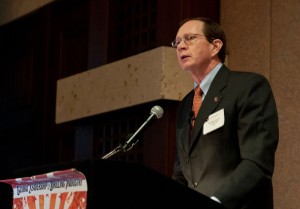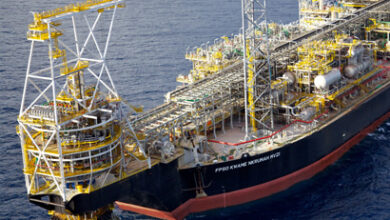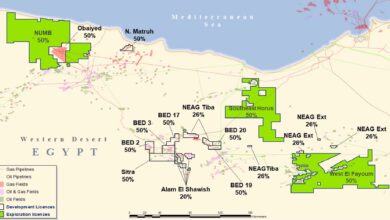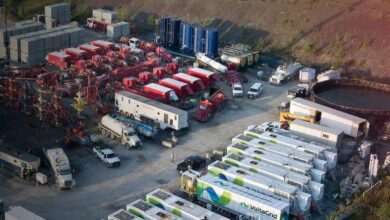Assessment, training and leadership foster confidence in competencies at BP
By Joanne Liou, editorial coordinator

In the mission to deliver safe, compliant and reliable wells, people are the life of the operation, and individual competency is vital, Richard Lynch, head of global wells, BP, stated in a keynote address at the 2012 IADC Annual General Meeting in Scottsdale, Ariz., on 8 November. Driving BP’s approach to build competency is a key question – how do you know? “How do you know that we’re setting people up for success? How do you know you have the right competencies for every wellsite leader and every toolpusher on that rig operating today?” Mr Lynch asked. “How do you know we’re having the right conversations of the rig floor that absolutely gives everybody the confidence and the clear understanding that people are focused on the right things?”
BP uses an operating management system that focuses on people, processes, performance and plans, all of which boosts the company’s confidence in fulfilling the above-stated mission. Specifically drawing attention to the people element, Mr Lynch discussed the three areas – assessment, training and leadership – on which BP is focusing in order to maintain and enhance individual capability.
Starting with individual wellsite leaders, BP has assessed and reassessed more than 390 individuals in the last year. “I feel much more confident today that I know what our wellsite leaders know in well control,” Mr Lynch said. Competency profiles are not only about the technical pieces but also leadership and behavioral aspects.
Taking assessment beyond the BP staff also is critical, he continued. “We recognize we don’t accomplish anything on our own; it’s through the drilling contractors, service companies and the people that provide and deliver the elements to that,” he added.
Identifying areas that need to be improved from assessments and how to meet individual needs is vital to training and reflects a company’s commitment to the individual. Mr Lynch noted that BP has created the Global Wells Institute to ensure wells professionals have the opportunity to develop and foster competencies. Taking it a step further, BP also developed a collaborative rig team development program. “We bring BP wellsite leaders, all the key leaders of the drilling contractors, rig crews and service company representatives of every rig into our office, into an environment where they can get together and emulate the activities going to take place on a given well,” Mr Lynch explained. “It’s about how a team functions, how behavior shows up and how decisions are made.”
The last ingredient is leadership. Mr Lynch questioned, “Are our people empowered with the right competencies to do their jobs?” This is where engagement with teams is necessary to understand needs and what it takes to support those needs from a leadership standpoint.
Mr Lynch described the experience of gathering leaders from the office and from a rig – from BP, the drilling contractor and service companies – to talk, listen and understand what each player faces with a task. The problems you can solve and the clarity achieved makes a difference to each wellsite and rig team, he said. “It’s leading in a different way. It’s engaging every team member and listening very carefully,” Mr Lynch added. “It’s about getting on the rig floor and having conversations with the people that are there. It’s how we’ll know if we’re actually successful.”
Given BP’s approach to ensure competency, Mr Lynch urges the wider drilling industry to continue to increase collaboration and to shape the common approach and alignment of competencies. BP has been working with industry groups such as IADC, IWCF and OGP to define expectations for well control competency for both operators and drilling contractors. Mr Lynch also expressed his support for IADC’s Knowledge, Skills and Abilities project to establish worldwide competence guidelines for virtually all rig positions. “This is about getting the right skills in the right place, and it doesn’t matter if you run a land operation or a deepwater operation,” he said. “It’s good for all seasons.”




